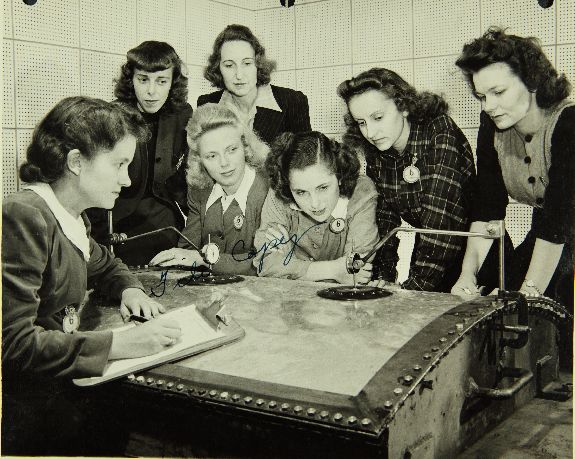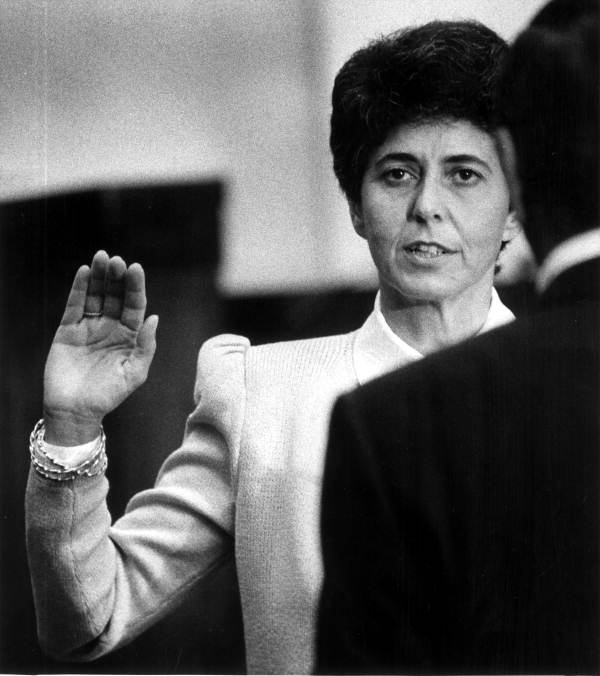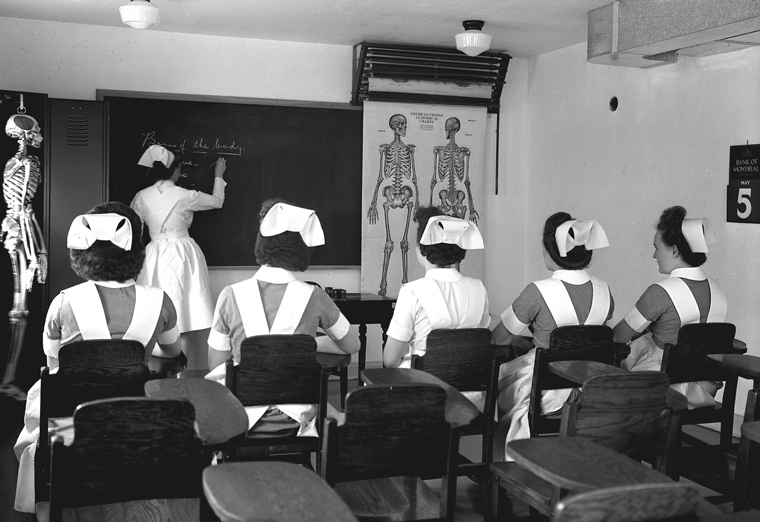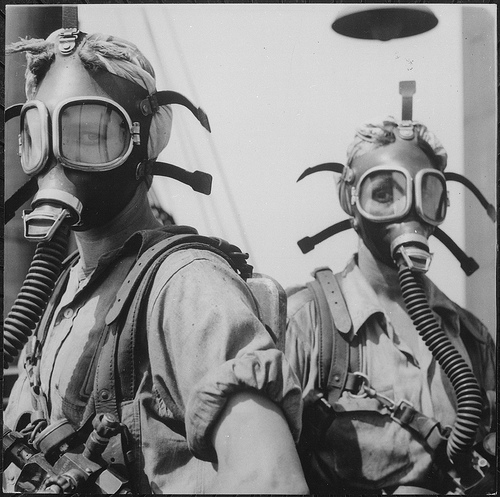 Ever thought of using a focus group? Neither had this comms officer. The results were surprising...
Ever thought of using a focus group? Neither had this comms officer. The results were surprising...
I must admit that I’ve always been a bit sceptical about focus groups. Yes, they might give an indication of public opinion and yes, they give your work some ‘real life’ legitimacy but look at the downsides: they are bound to be a self-selecting, self-opinionated group of busybodies. At best, they will give you opinions that don’t really match the way you want to take your work forward and, at worst, they’ll tell you how to do your job.
So, it was with some trepidation that I approached my boss’ ‘suggestion’ that I run some focus groups to help the development of our residents’ magazine.




















